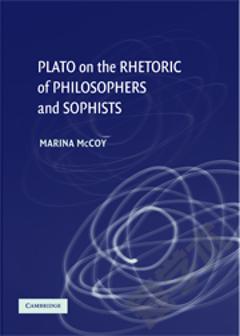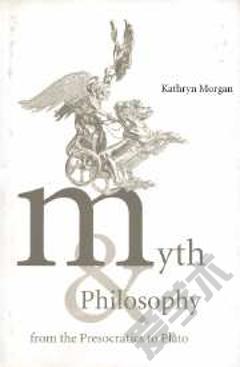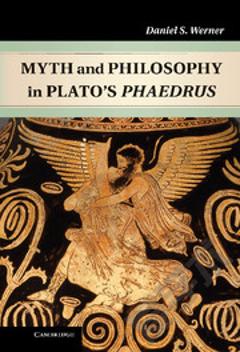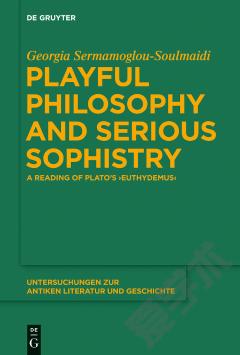The Unity of Plato's Sophist: Between the Sophist and the Philosopher
Plato's later dialogue, the Sophist, is deemed one of the greatest works in the history of philosophy, but scholars have been shy of confronting the central problem of the dialogue. For Plato, defining the sophist is the basic philosophical problem: any inquirer must face the 'sophist within us' in order to secure the very possibility of dialogue, and of philosophy, against sophistic counterattack. Examining the connection between the large and difficult philosophical issues discussed in the Sophist (appearance, image, falsehood, and 'what is not') in relation to the basic problem of defining the sophist, Dr Notomi shows how Plato struggles with and solves all these problems in a single line of inquiry. His interpretation of the whole dialogue finally reveals how the philosopher should differ from the sophist.
{{comment.content}}








 京公网安备 11010802027623号
京公网安备 11010802027623号